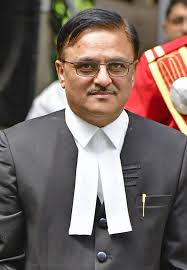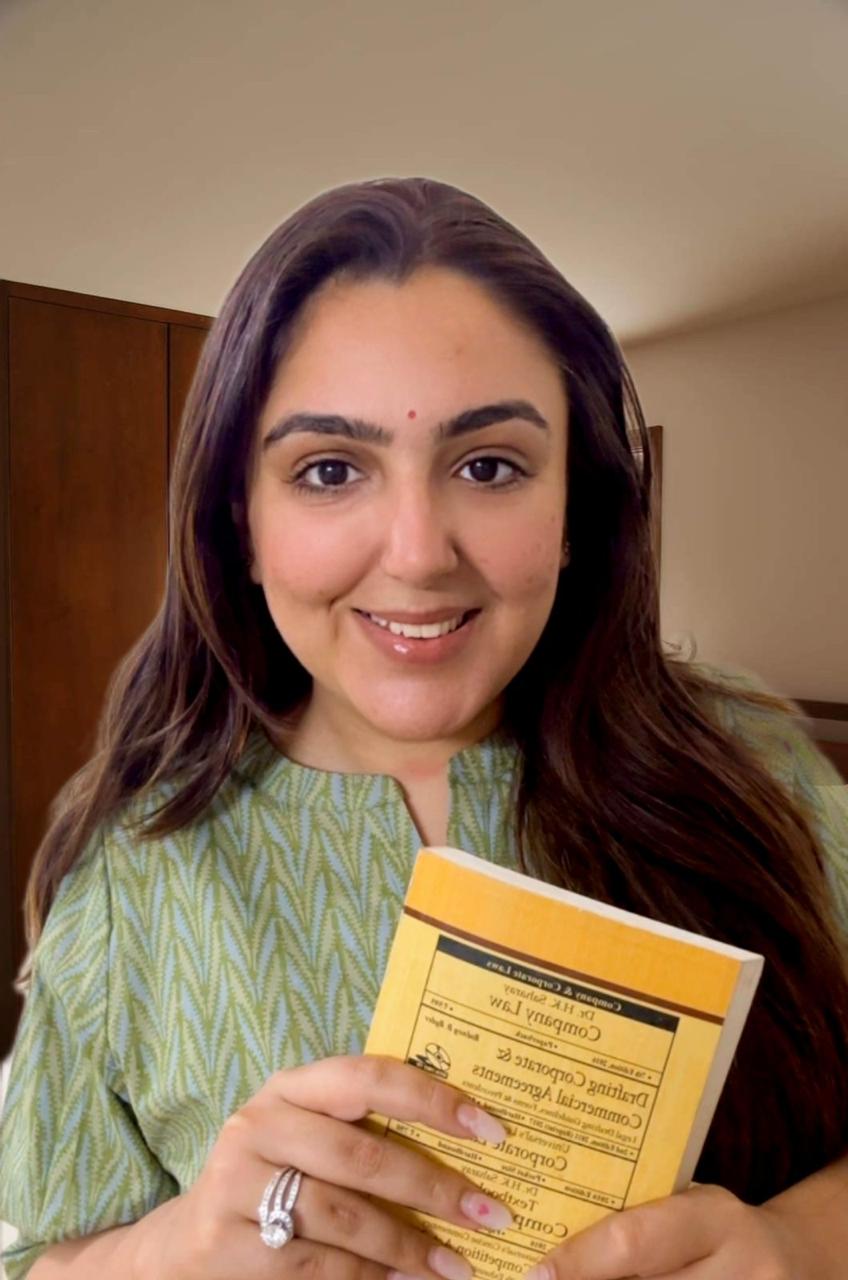In a heartfelt and candid farewell speech organized by the Supreme Court Bar Association, Justice Abhay S. Oka reflected on his nearly 22-year judicial journey, offering deep insights into the functioning of India’s judiciary and recommendations for meaningful reform. Speaking with humility and conviction, he highlighted the need for the Supreme Court to adopt a more democratic and transparent administrative approach.
Call for Democratization of the Apex Court
Justice Oka emphasized that while High Courts are formally headed by Chief Justices, they function through administrative committees involving senior judges—an internal system that promotes shared decision-making. In contrast, he observed, the Supreme Court remains largely centralized around the Chief Justice.
“The Supreme Court is perceived as a Chief Justice-centric institution. I believe this image must change,” he said, advocating for a model akin to the High Courts, where administrative responsibilities are more evenly distributed among senior judges.
Concerns Over Selective Listing and Case Management
Justice Oka expressed concern about the discretionary listing of cases in the Supreme Court, noting that such practices had troubled him even during his tenure at the Karnataka High Court. He championed a move towards fixed rosters and auto-listing mechanisms to reduce discretion and promote fairness.
Recalling initiatives taken during the pandemic with Justices BV Nagarathna and Aravind Kumar, he said the Karnataka High Court had successfully implemented an automatic listing system that minimized manual intervention. He urged similar reforms at the Supreme Court, noting that listing should be rational, predictable, and tech-driven.
“Manual intervention must be minimized. With AI and other technological tools, the listing of cases can be made more transparent and systematic. This is crucial for ensuring that the common man’s appeals are treated fairly and efficiently,” he asserted.
Reflections on Retirement and Personal Journey
Contrary to the popular belief that retirement brings liberation, Justice Oka said that for him, the true freedom to serve justice lay within the judgeship itself—a freedom he would miss deeply. “Judgeship becomes life and life becomes judgeship,” he remarked poignantly, admitting he now faces the challenge of discovering life beyond the bench.
He acknowledged the sacrifices of his family, especially his wife Anuja, whom he credited for enduring the demands of his judicial career. In a lighter vein, he thanked his sons for choosing not to enter the legal profession, thereby sparing him potential conflicts of interest as a judge.
Justice Oka reminisced about his early days in the legal field, beginning his practice in Athani District Court in 1983, and recalled his formative years at the Bombay High Court where he served under various Chief Justices across jurisdictions. He also fondly recounted his tenure as Chief Justice of Karnataka, where he made it a point to sit with every judge, particularly during the pandemic.
He narrated an anecdote from his first day in Karnataka, when he almost sat in the wrong chair, unaware that unlike other courts, the senior judge there sits on the left.
Strengthening the Grassroots of Justice
In his closing remarks, Justice Oka drew attention to the challenges faced by trial and district courts, which he described as the “backbone” of the justice system. He warned against using the term “subordinate courts,” stating that it undermines the dignity of these courts and contradicts constitutional values.
He welcomed the Supreme Court’s move to form a committee for tackling pendency in trial courts, pointing out that many criminal and civil cases have been pending for decades. He stressed that appeals involving accused persons on bail should not be neglected, as sending someone to jail after 20 years of liberty would be unduly harsh.
Hope for a More Transparent and Inclusive Court
Justice Oka praised former Chief Justice Sanjiv Khanna for fostering a culture of transparency by involving fellow judges in key decisions. He also expressed confidence in current Chief Justice Bhushan Gavai, calling him a leader with “democratic values in his blood,” shaped by his father’s political legacy.
In a parting note, Justice Oka declined media interviews, citing the emotional weight of retirement and his desire for a reflective pause. He assured the legal fraternity that he hopes to contribute meaningfully in a new role after some introspection.



